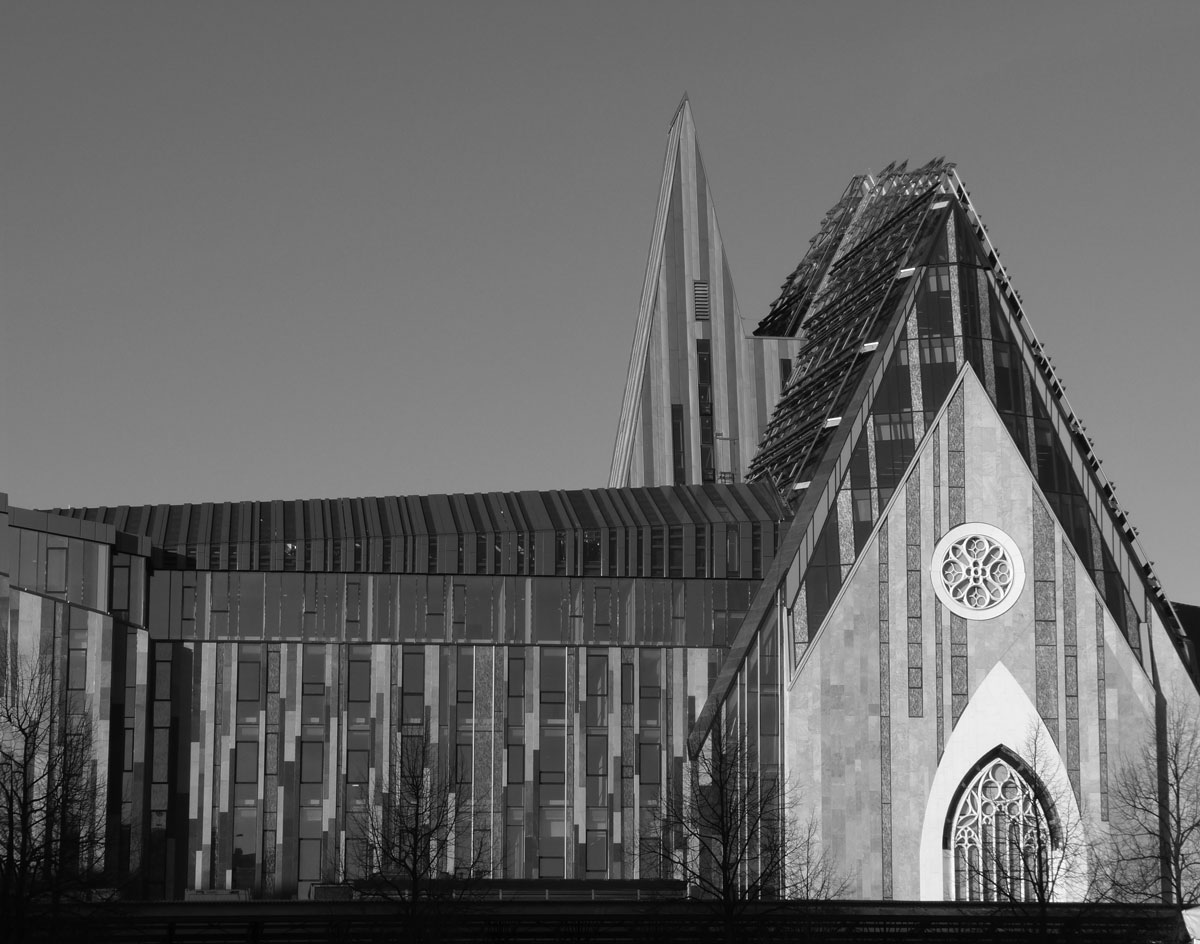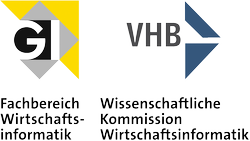Track 7: Sustainability and Security
Sustainability is a widely discussed topic in society. Also in the field of information and communication technologies (ICT) it has gained in importance through keywords such as green IT. That sustainability has also found its way into the realm of business information systems can be seen in the slogan "sustainable information management".
Sustainability in information systems is divided in two parts: on the one hand, the field of information systems bears the duty to act not only in an economical, but also in an environmental and socially responsible manner. On the other hand, the special field of information systems focuses on effective information and communication systems (ICS). Sustainability means meeting needs of present and future generations. It is therefore in the interest of information systems to create sustainable ICS, because in this way it will meet current and future needs of all stakeholders, including those of the customers.
Most of the knowledge about sustainability has been obtained in disciplines in which the very idea of sustainability has been developed or in which it has been established for a long time. Therefore it is necessary to make sure whether concepts of these disciplines are adequate to ICS and if they can be adapted or used to get new insights.
Sustainability and multilateral security are an exciting combination. On the one hand, effective security systems must always ensure a sustainable balance between the interests of the parties involved and the long-term protection of data, such as those in archives, land registers or certificates, because otherwise they are not stable. On the other hand, green IT and efficient management of energy and resources frequently involve the processing of sensitive and personal data, which is posing challenges for data privacy and security. Examples of this are the new electricity meters or electricity demand indicators in smart grids, as well as the increasing number of sensors (also in mobile phones) for the measurement of energy consumption, ecological general conditions or human body functions.
There are challenging conflict areas arising with respect to multilateral security: For example by using high-frequency sampling energy meters one can identify very precisely what is happening in a household, which kind of equipment is being used when, and, to some extent, which content is being processed in the household’s media devices. Smart sensing will open up more possibilities in the future and will challenge existing protection and security concepts.
Topics
The track sustainability and security will present recent knowledge contributions from science and practice. Topics of interest include (among others):
Sustainability of information and communication systems (ICS)
Sustainability of IT use and its protection
Green IT and related data processing
Consumption measurements, security and data privacy
Energy and resource management
Ambient intelligence, ambient measurements and data privacy
Risk management
Compliance
Track Chairs
Prof. Dr. Hans-Knud Arndt, Otto-von-Guericke-University Magdeburg, Germany
Prof. Dr. Kai Rannenberg, Goethe-University Frankfurt a.M., Germany
Program Committee
Dr. Rafael Accorsi, Albert-Ludwigs-University Freiburg, Germany
Dr. Andreas Albers, Goethe-University Frankfurt, Germany
Prof. Dr. Hannes Federrath, University Hamburg, Germany
Prof. Dr. Ulrich Greveler, Rhine-Waal University of Applied Sciences, Germany
Prof. Dr. Rüdiger Grimm, University Koblenz, Germany
PD Dr. Ralf Isenmann, Fraunhofer Institute for Systems and Innovation Research ISI Karlsruhe, Germany
Prof. Dr. Dogan Kesdogan, University Siegen, Germany
Dr. Ioannis Krontiris, Goethe-University Frankfurt, Germany
Prof. Dr. Jorge Marx Gómez, Carl von Ossietzky University Oldenburg, Germany
Prof. Dr. Andreas Möller, Leuphana University Lüneburg, Germany
Prof. Dr. Stefan Naumann, Environmental Campus Birkenfeld, Trier University of Applied Sciences, Germany
Prof. Dr. Günter Pernul, University Regensburg, Germany
Prof. Dr. Hartmut Pohl, Bonn-Rhine-Sieg University of Applied Sciences, Germany
Dr. Jens Strüker, Albert-Ludwigs-University Freiburg, Germany
Prof. Dr. Frank Teuteberg, University Osnabrück, Germany
Prof. Dr. Volker Wohlgemuth, HTW Berlin, Germany














